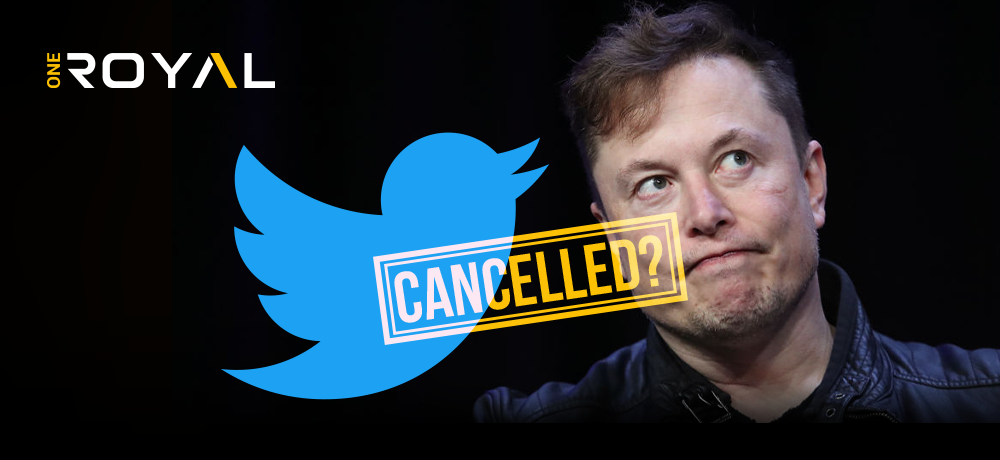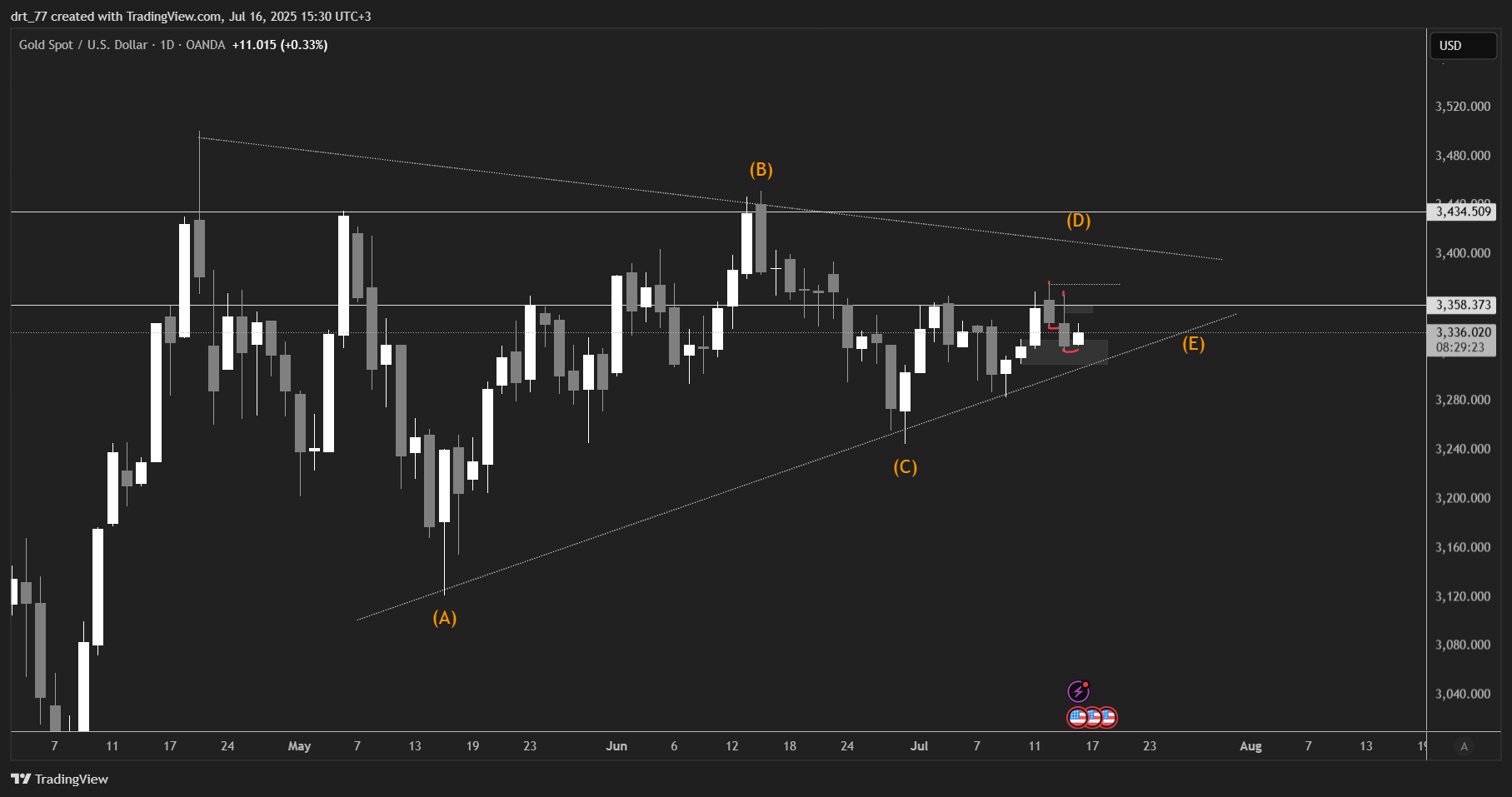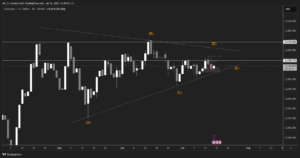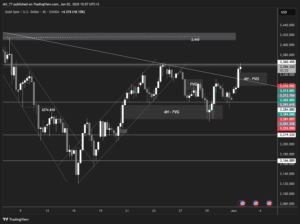How do you think Twitter will respond to Elon Musk’s decision to back out from acquiring the social media platform? For what seems like an endless news spectacle, the Twitter deal seems to still be in trouble. Last Friday, Elon Musk made known his decision to terminate the $44 billion offer for the platform’s takeover, citing that Twitter has “not complied with its contractual obligations.”
Twitter makes headlines again, and again, and again!
It was back in early April when the world’s richest man, made headlines after he spent $3 billion to secure a 9.2 percent “passive” stake in Twitter. Back then, Jill Fisch, a securities law professor at the University of Pennsylvania commented that: “The idea that Elon Musk falls within a passive category is probably a stretch. He’s not the most passive guy. Is Elon Musk really going to be happy with a stake of this size, and remaining passive?”. True enough, Elon Musk struck, once again, just a few days later, with an enticing offer of a $43 billion (or $54.20 per share) cash takeover of Twitter. Even though equity research analysts and Twitter shareholders shared their negative sentiments regarding Musk’s “best and final offer,” ultimately, Twitter’s board announced that it would move ahead with Musk’s bid to take the company private. “The Twitter Board conducted a thoughtful and comprehensive process to assess Elon’s proposal with a deliberate focus on value, certainty, and financing. The proposed transaction will deliver a substantial cash premium, and we believe it is the best path forward for Twitter’s stockholders,” Twitter’s Independent Board Chair, Bret Taylor said on April 25.
Twitter’s bots – A headache for the world and… Elon Musk?
Drama ensued even after the social media company agreed to Musk’s takeover deal. In the weeks following the announcement, the entrepreneur waffled on the number of Twitter’s automated spam bots – or fake accounts –, claiming that the count is too high.
Twitter executives clarify that the company has, roughly, “229 million monetizable daily active users” globally; furthermore, Twitter counts those bots to be less than 5% of active accounts. However, it seems that Musk disagreed with those numbers, speculating that the real number of Twitter’s fake accounts goes as high as 20%. Pertaining to this, by mid-May, Musk twitted: “Twitter deal temporarily on hold pending details supporting calculation that spam/fake accounts do indeed represent less than 5% of users,” once again causing headache to everyone involved.
Elon Musk backs down from the deal – How will Twitter react?
Late last week, Musk announced his decision to suspend Twitter’s $44 billion purchase deal. The reason for doing so, according to the mogul, was the multiple infringements of the purchase deal, and mainly his belief that the number of bots exceeds the 5% that Twitter insists on.
So why is Musk so fixated on bots? Is he really that concerned about the number of fake accounts, or did he get cold feet and he merely uses the bot issue to justify getting out of the acquisition deal? Another important question is… How will the market and Twitter react?
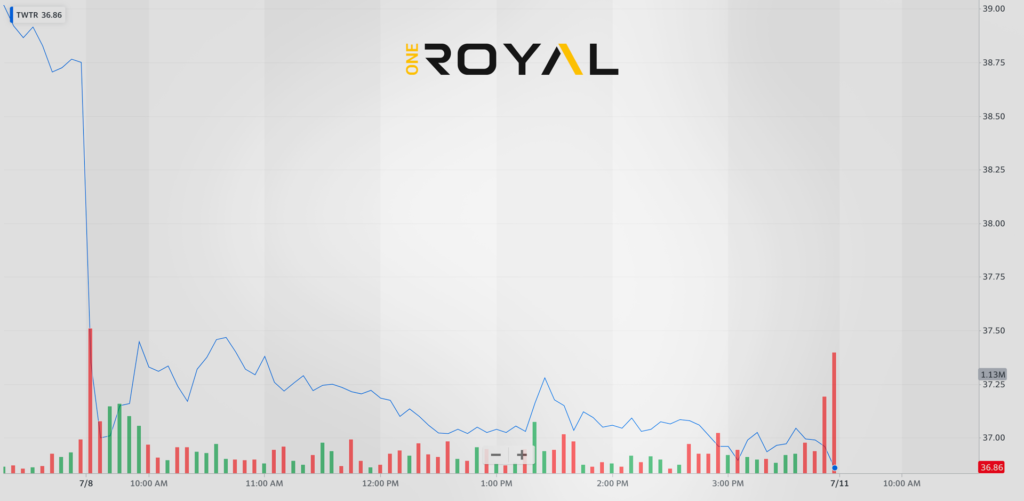
The market’s reaction was immediate. Twitter’s stock sank 5% in late Friday trading, with shares dropping to $36.90, the lowest price in four months. Likewise, Twitter plunged 6.9% in pre-market trading on Monday, going for $34.27 at the time of writing.
All eyes will be on how Twitter will counter-respond. The company hired top legal firm Wachtell, Lipton, Rosen & Katz LLP as they prepare to file a lawsuit against Elon Musk over his decision to withdraw from the deal. It remains to be seen whether a judge will rule against Musk – where if this scenario plays out, Tesla’s CEO would have to close the acquisition deal made back in April – or if they will rule in his favor. Under the latter scenario, Musk will be required to pay a $1 billion breakup fee to walk away from Twitter’s takeover deal.
Only time will tell how the dramatic turn of events will pan out. One thing is for sure: Elon Musk’s unpredictable and conflicting personality is not gaining him any points. His unconventional effort to try and acquire the social media platform and the volatile follow-up to the purchase deal culminating in his backing off is sure to leave many people unimpressed and frustrated.
Disclaimer: This article is not investment advice or an investment recommendation and should not be considered as such. The information above is not an invitation to trade and it does not guarantee or predict future performance. The investor is solely responsible for the risk of their decisions. The analysis and commentary presented do not include any consideration of your personal investment objectives, financial circumstances, or needs.

